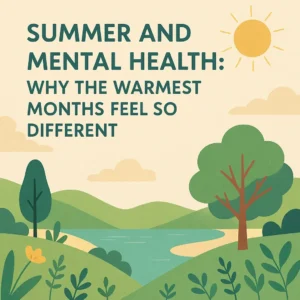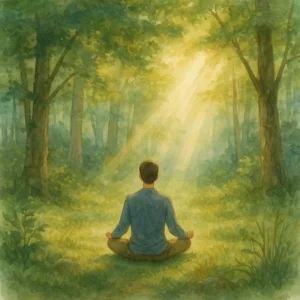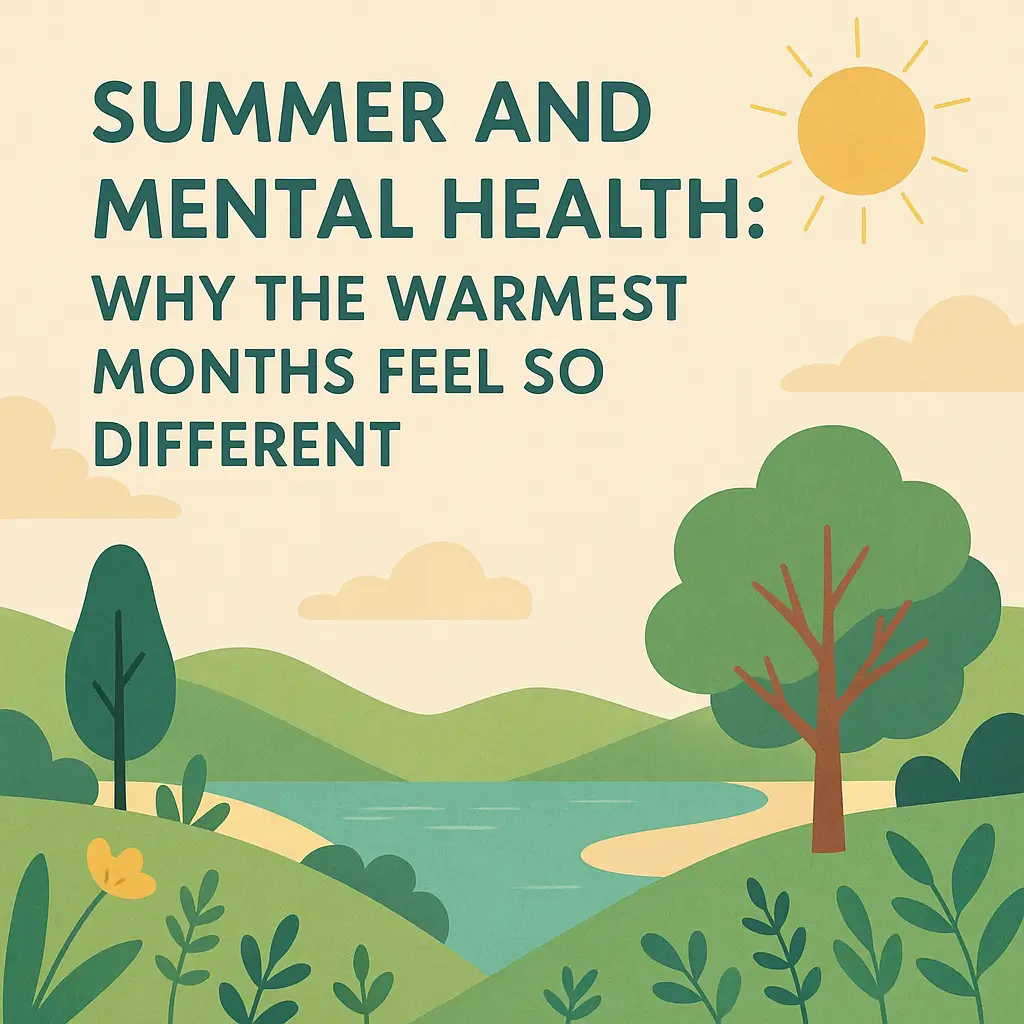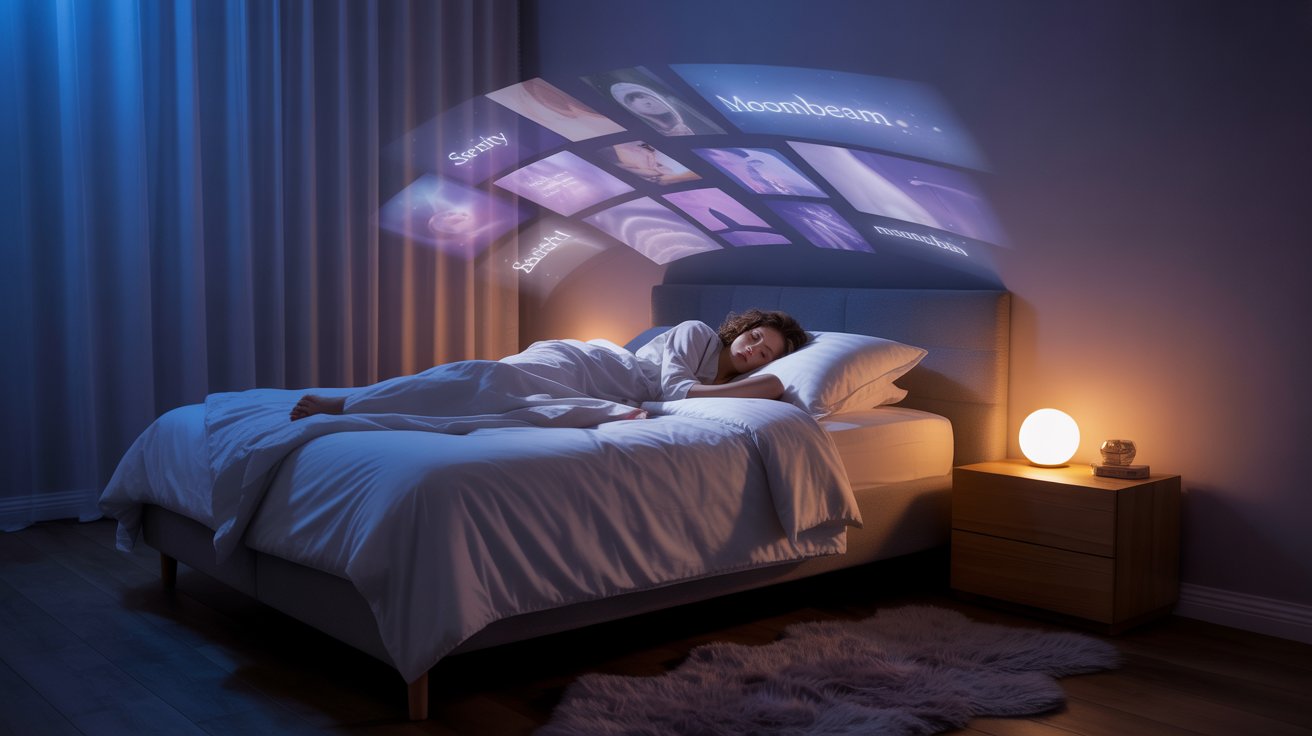There are different types of anxiety disorders. Let’s take a brief look at the various anxiety conditions that exist. The information in this article is brief. However, in the near future, each of these conditions will be described in more detail.
Generalized Anxiety Disorder
Generalized anxiety disorder is also known as worry disorder. You worry about all kinds of things and find it difficult to make choices. This keeps you so busy that you can feel restless and irritable. You may have trouble sleeping and other physical problems. Or you are suddenly very worried about your body.
Social anxiety (social phobia)
If you have a social anxiety disorder, you are very insecure. You are afraid that others will not like you, or you are very shy. You may be afraid of failure at a party or when you have to give your speech. You are so afraid of doing something weird or stupid that you spend a lot of time worrying about what others think of you and how you come across them.
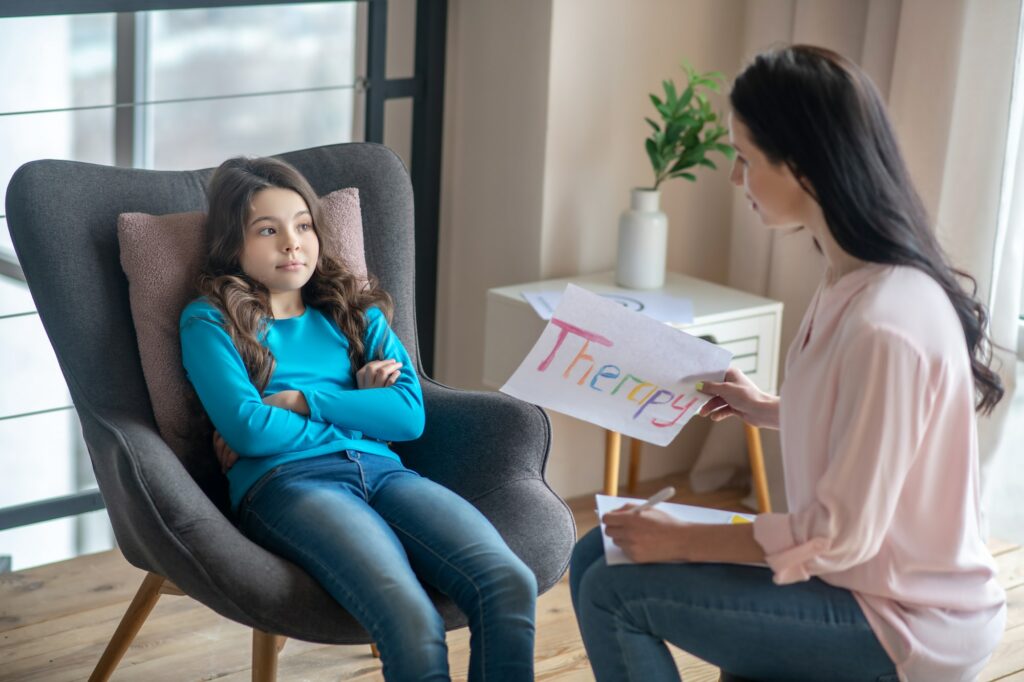
Obsessive Compulsive Disorder
If you have a compulsive disorder, you do things you don’t want to do because you’re afraid something wrong will happen otherwise. You may also do these things because you feel you have to do them, for example, if you have a tic disorder. In both cases, you suffer from ‘compulsive thoughts,’ for example, if you think an accident will happen if you do not perform a specific action. We call these actions ‘compulsions’.
A typical example is constantly checking whether your door is locked correctly. You continue to perform these actions compulsively because they make you feel less anxious, even though you know it doesn’t make sense. You do it because otherwise, you feel rotten, nervous or irritable.
Panic with or without agoraphobia (Agoraphobia)
With a panic disorder, you suffer from sudden panic attacks. You suddenly feel intense fear and experience strong feelings in your body. For example, if your heart suddenly beats very fast, you suddenly can’t breathe properly, or you get dizzy. These feelings often make you even more anxious. Because it feels like they pop up, you may become afraid of your panic attacks and start avoiding places and situations. In that case, you may suffer from ‘agonism’: you are afraid of places where you cannot leave quickly or where you cannot get help. Such as the cinema, bus, market or places with large groups of people. Another word for agoraphobia is ‘agoraphobia.’
Separation anxiety
Many children find it exciting to be alone. Or they get nervous when they go somewhere without their parents. Young people and adults can also suffer from this ‘separation anxiety’: you are afraid that something will happen to others, such as your parents. For example, you may be afraid or upset if you are alone at home and afraid to go outside.
Selective mutism
In some situations, it takes some getting used to talking relaxedly. For example, when you meet new people. Selective mutism means that you dare to talk at home but are so nervous in new situations that you cannot speak or make sounds.
Specific phobia
If you have a specific phobia, you have a fear of a particular situation, animal, or thing that most others don’t immediately fear. For example, seeing spiders, blood or needles (the latter is also called ‘fear of needles’). If you once became very anxious after an unpleasant experience, you may have a trauma.




